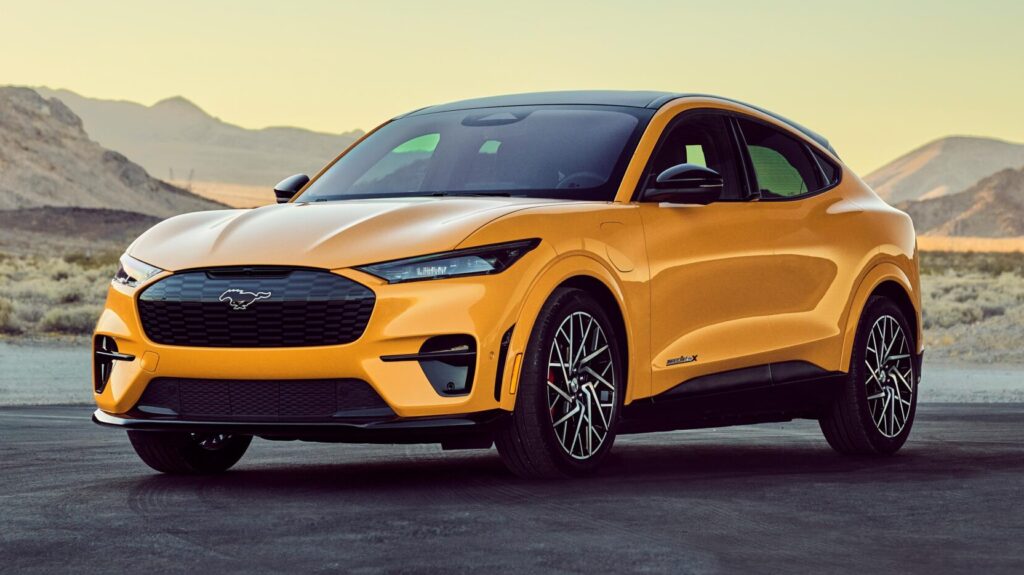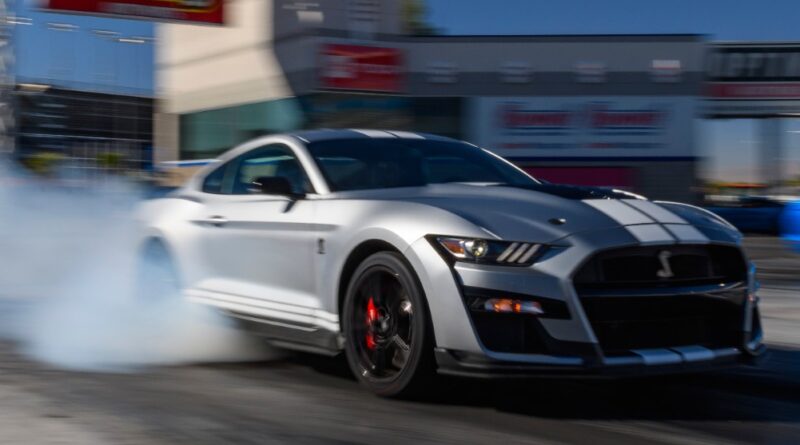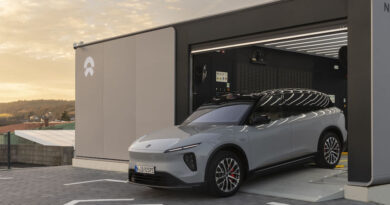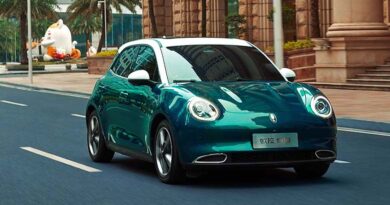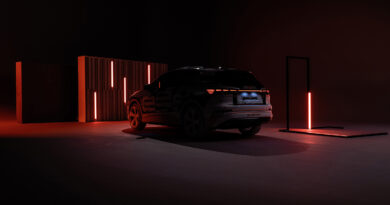Ford: There are no great electric performance cars … yet
Porsche Taycan? Not bad. Tesla Model S Plaid? No comment.
That’s the downbeat assessment of the current state of the ‘fun-to-drive’ EV market according to the top performance engineer at Ford, Carl Widmann.
In Australia last week to review the development progress of the Ranger Raptor, a turbocharged V6 petrol engine off-road super-ute, Widmann was dismissive of the driving character of electric vehicles.
The American oversees the development of some of the blue oval’s most aggressive road-going vehicles at Ford Performance, including the V8 Mustang GT350 and supercharged GT500 (pictured above).
He says he and his team are now trying to figure out how to instil that character in EVs.
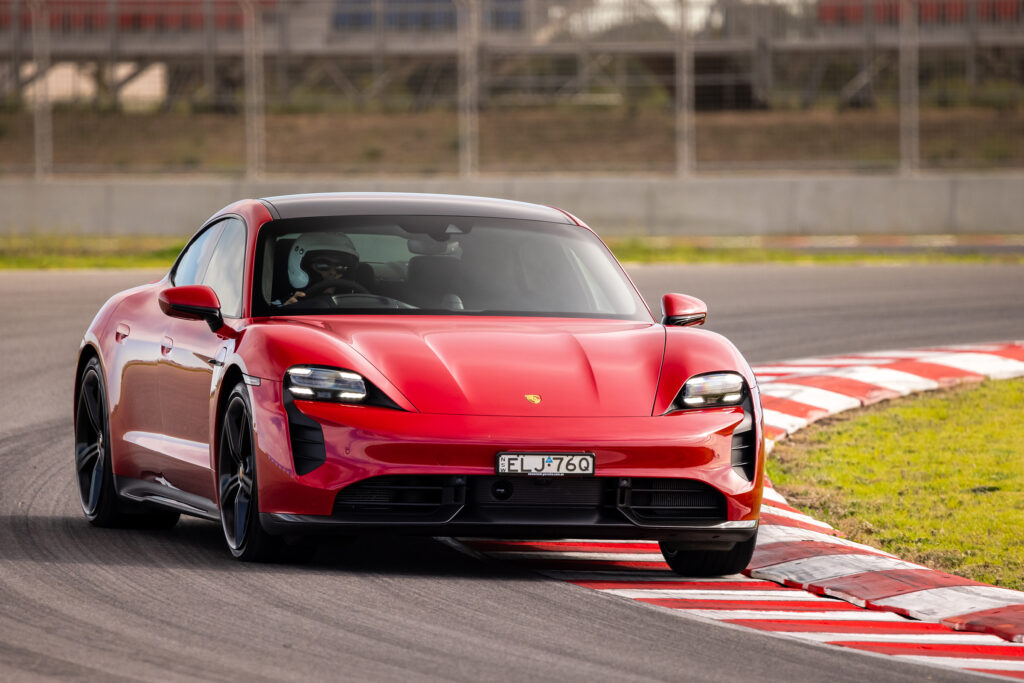
“Everyone likes tooting their horn in the electric space, but are any of them as fun to drive as a [Ford Performance] Mustang GT350 or a Ranger Raptor?,” he asked.
“No-one has done it … So you would say there is a white space.
“It’s an opportunity, but if it was an easy opportunity someone might have done it already.”
Widmann and his crew are under pressure to produce exciting EVs as Ford is pressing down the electrified path with an increasing level of commitment.
In America it has announced the split of the business into ICE-based Ford Blue, commercial Ford Pro and an EV arm, Ford Model e. In Europe it will go zero emissions by 2035.
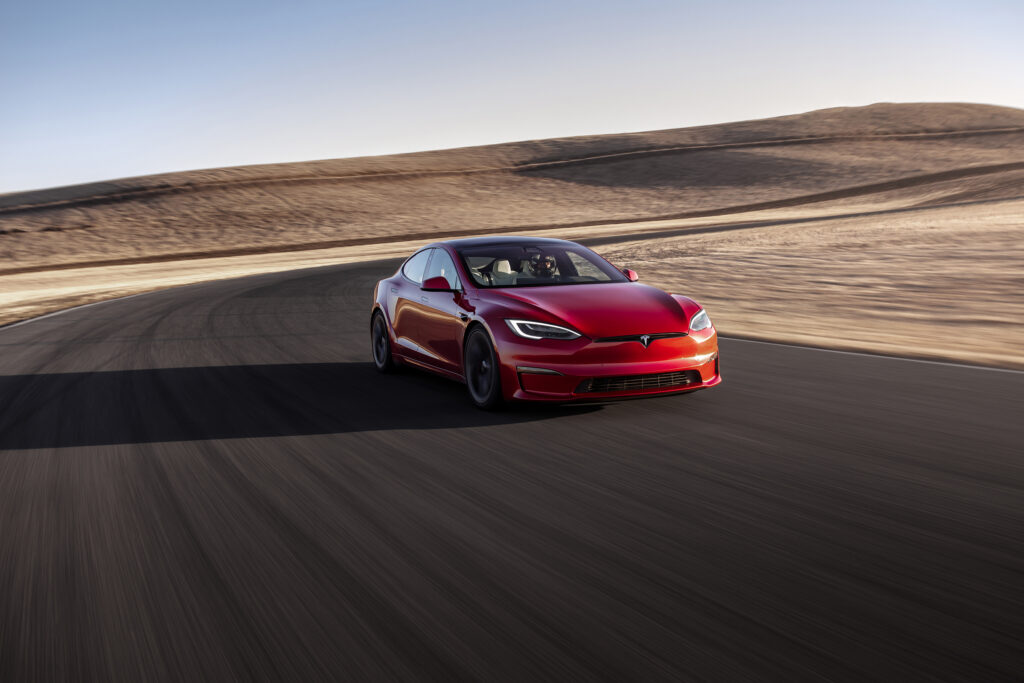
Ford sells several EVs already, including the Mustang Mach-E, and has been inundated with orders for the incoming electric F-150 Lightning pick-up truck.
In search of EV solutions, Widmann revealed Ford Performance had sampled various high-performance models.
He said the Porsche Taycan was impressive, but at a high price: “Yes, a $200,000 vehicle is getting close, but you can buy two GT500s for that.”
Widmann was less complementary when asked to assess the Tesla Model S Plaid: “That’s probably not nice for me to say, so I’ll probably pass on that one”.
The next EV on Ford Performance’s assessment agenda is the BMW i4, which in M50 guise offers M4 levels of acceleration from dual e-motors.
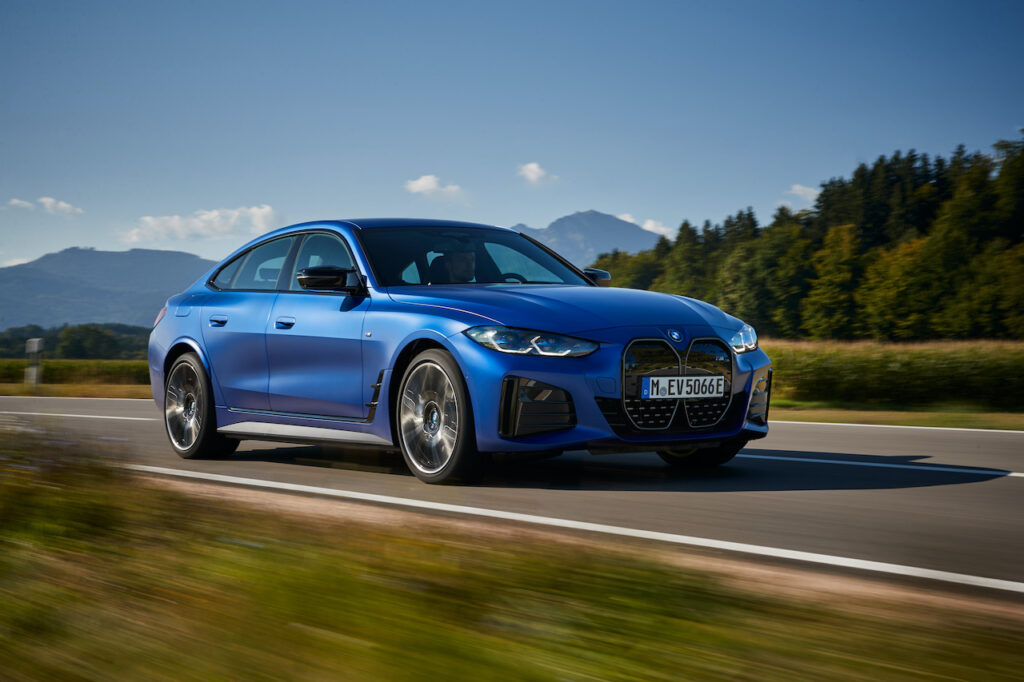
“What we are trying to do right now is understand what is out there and find out if any of them do deliver on that experience,” Widmann said.
Issues working against EVs as far as Widmann is concerned include the lack of internal combustion engine noise, the loss of gearchanging and the long wheelbase (to fit battery packs) of EVs.
“There is a lot of basic technical aspects and you can kinda decompose fun to drive in its technical aspects,” he said. “But it’s really trying to understand in that space [why] these people have not been able to deliver that.”
